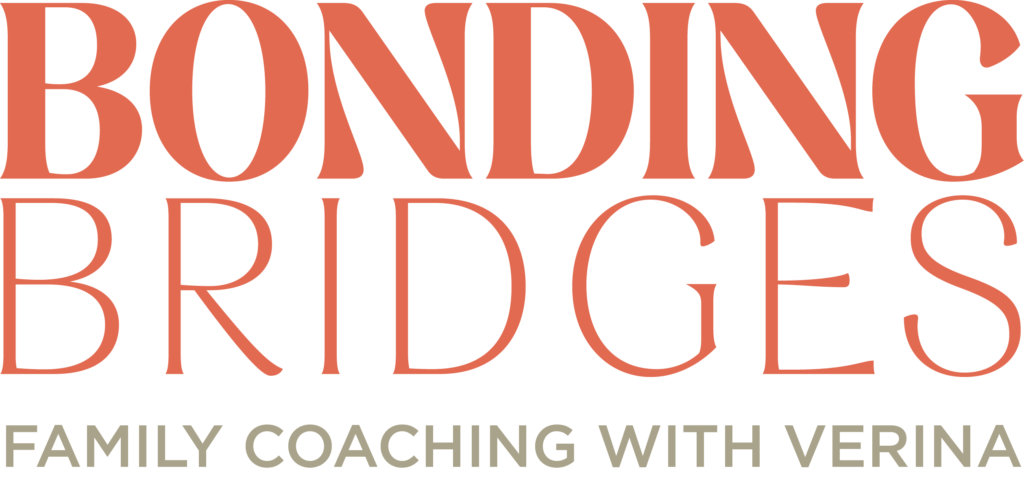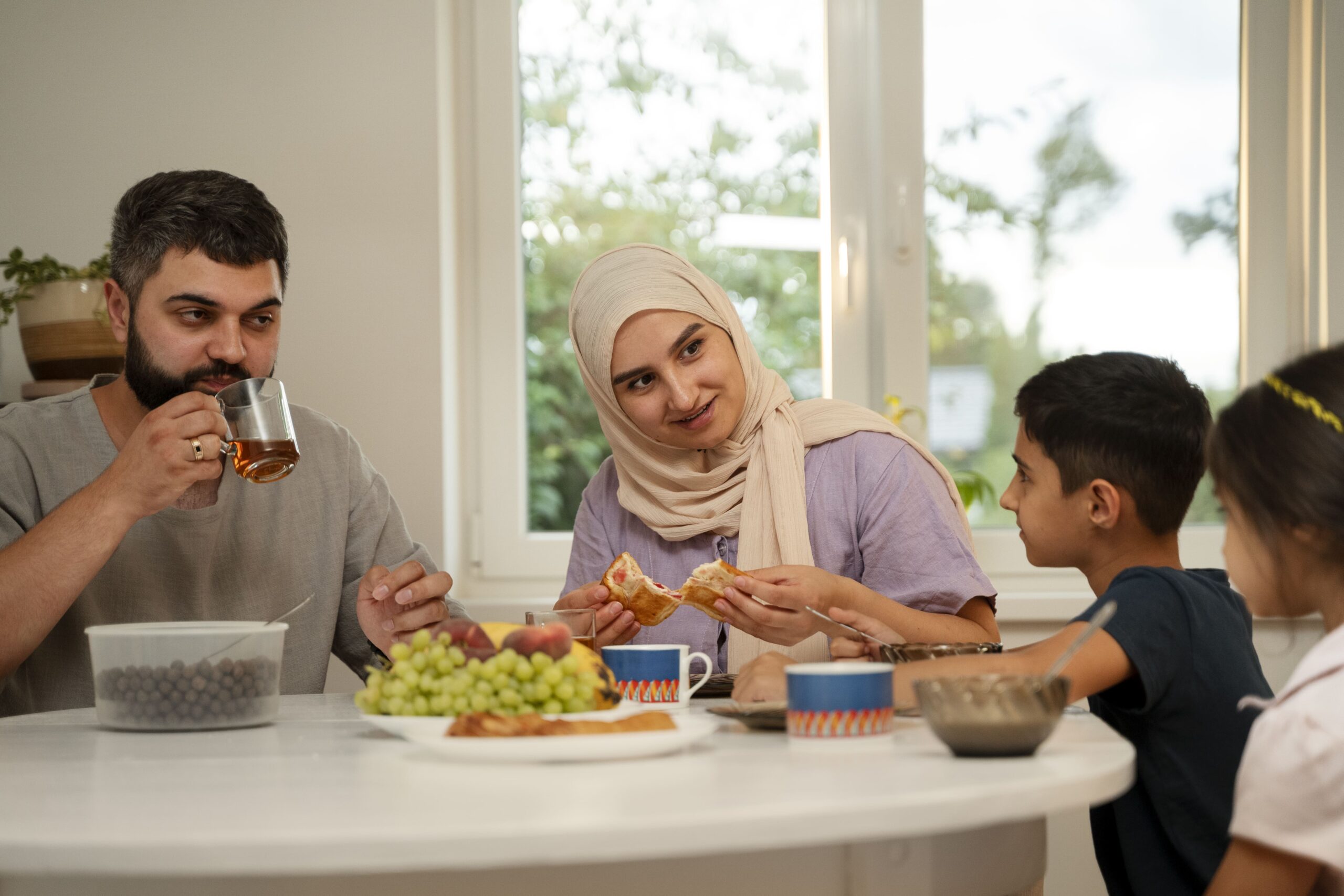Introduction
Family—what does it mean to you? Traditionally, we’ve thought of family as those connected to us by blood, the people with whom we share DNA and ancestry. But is family truly defined by biology alone? The concept of family extends far beyond the confines of genetics. In fact, some of the strongest and most profound family bonds aren’t forged in biology but in love, support, and shared experiences. Let’s explore the essence of what really makes a family, and how deep connections transcend mere biological ties.
What Defines a Family?
The Role of Love and Support
Love and support are the pillars upon which all strong families are built. These qualities are what bring people together and keep them close, even in the face of challenges. Whether between parents and children, siblings, or close friends who become family, love is the thread that binds these relationships together.
Families of Choice
Families of choice are becoming increasingly recognized and celebrated. These are the families we create through friendships, partnerships, and community. They often involve people who might not be related by blood but who offer the same level of love, support, and commitment as traditional families. In many cases, these chosen families are even stronger because they are based on mutual respect, shared values, and the conscious decision to be there for one another.
Cultural Perspectives on Family Bonds
Family in Different Cultures
Family structures and the significance of family bonds vary across cultures. In some cultures, extended families living together and supporting each other is the norm, while in others, nuclear families are more common. Regardless of structure, the essence of family in all cultures revolves around connection, responsibility, and love.
The Influence of Culture on Family Dynamics
Cultural beliefs and practices shape how families interact, communicate, and bond. For example, in many Asian cultures, filial piety—a deep respect for one’s parents and ancestors—is a central tenet that reinforces family bonds. In contrast, Western cultures may place more emphasis on individualism, leading to different family dynamics.
The Role of Communication in Strengthening Family Bonds
1. Open and Honest Communication
Communication is the lifeblood of any relationship, and family is no exception. Open and honest communication fosters trust and understanding, which are essential for maintaining strong family bonds. When family members feel heard and understood, they are more likely to support each other and work together to overcome challenges.
2. Building Trust Through Communication
Trust is the foundation of any strong relationship, and communication is the tool that builds and maintains that trust. By communicating openly, family members can express their needs, fears, and desires, leading to deeper connections and stronger bonds.
3. Overcoming Communication Barriers
While communication is essential, it’s not always easy. Differences in personality, generational gaps, and cultural backgrounds can create barriers to effective communication. However, by approaching conversations with empathy, patience, and a willingness to listen, families can overcome these barriers and strengthen their bonds.
4.Emotional Support and Family Bonding
The Significance of Emotional Support
Emotional support is one of the most important aspects of a strong family bond. When family members know they can rely on each other for comfort, advice, and encouragement, they feel more secure and connected.
A family should be a safe haven, a place where members can express themselves without fear of judgment. This sense of safety is crucial for emotional well-being and helps to build trust and intimacy within the family.
Emotional Intelligence in Family Relationships
Emotional intelligence—the ability to understand and manage one’s own emotions and those of others—is essential for healthy family relationships. By practicing emotional intelligence, family members can better navigate conflicts, offer support, and build stronger bonds.
The Role of Trust and Respect
Trust as the Foundation of Family Relationships
Trust is the bedrock of any strong relationship. In families, trust is built over time through consistent support, honesty, and reliability. Without trust, family bonds can weaken, leading to distance and disconnection.
Mutual Respect Among Family Members
Respect is another key component of strong family bonds. When family members respect each other’s opinions, boundaries, and individuality, they create an environment where everyone feels valued and understood.
Trust isn’t built overnight; it’s cultivated through years of shared experiences, open communication, and consistent behavior. By prioritizing trust and respect, families can build strong, lasting bonds.
Challenges to Family Bonds
Common Challenges Families Face
Every family faces challenges, whether it’s financial difficulties, health issues, or interpersonal conflicts. These challenges can strain family bonds, but they also offer opportunities for growth and strengthening relationships.
Conflict is a natural part of any relationship, including family relationships. What’s important is how families handle conflict. By approaching disagreements with empathy, open communication, and a focus on resolution, families can navigate conflicts without damaging their bonds.
Difficult times can either pull families apart or bring them closer together. By leaning on each other for support and finding ways to work through challenges together, families can emerge from tough times even stronger than before.
The Psychological Benefits of Strong Family Bonds
Mental Health and Family Support
Strong family bonds provide a crucial support system for mental health. Knowing that you have a family to rely on can reduce stress, improve mental well-being, and help individuals navigate life’s challenges.
The Role of Family in Building Resilience
Resilience—the ability to bounce back from adversity—is often cultivated within the family. Through supportive relationships and a sense of belonging, family members learn to face and overcome challenges with greater strength.
Conclusion
The essence of a family bond goes far beyond biology. It’s about love, trust, support, and the shared experiences that bring people together. Whether formed by blood or by choice, these bonds are what sustain us, providing comfort, stability, and a sense of belonging. As we embrace diverse family structures and focus on what truly matters, we can create strong, resilient families that stand the test of time







